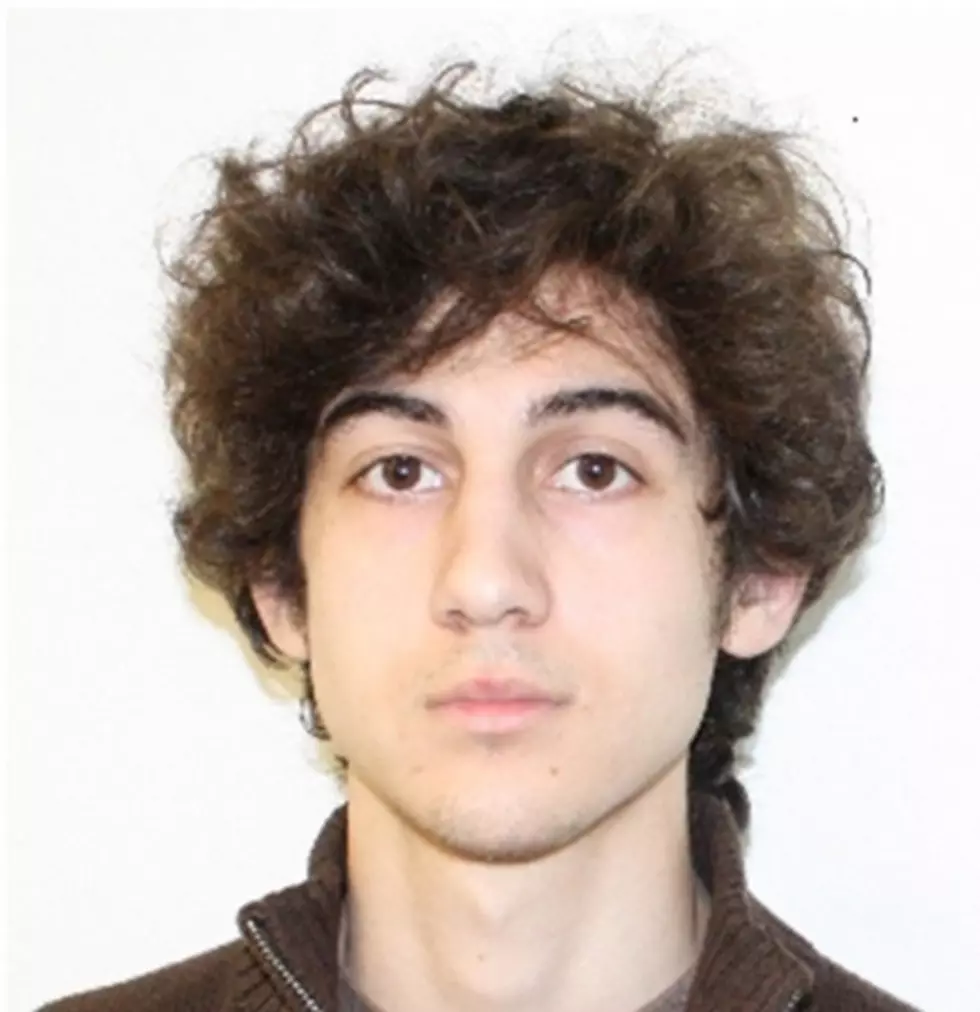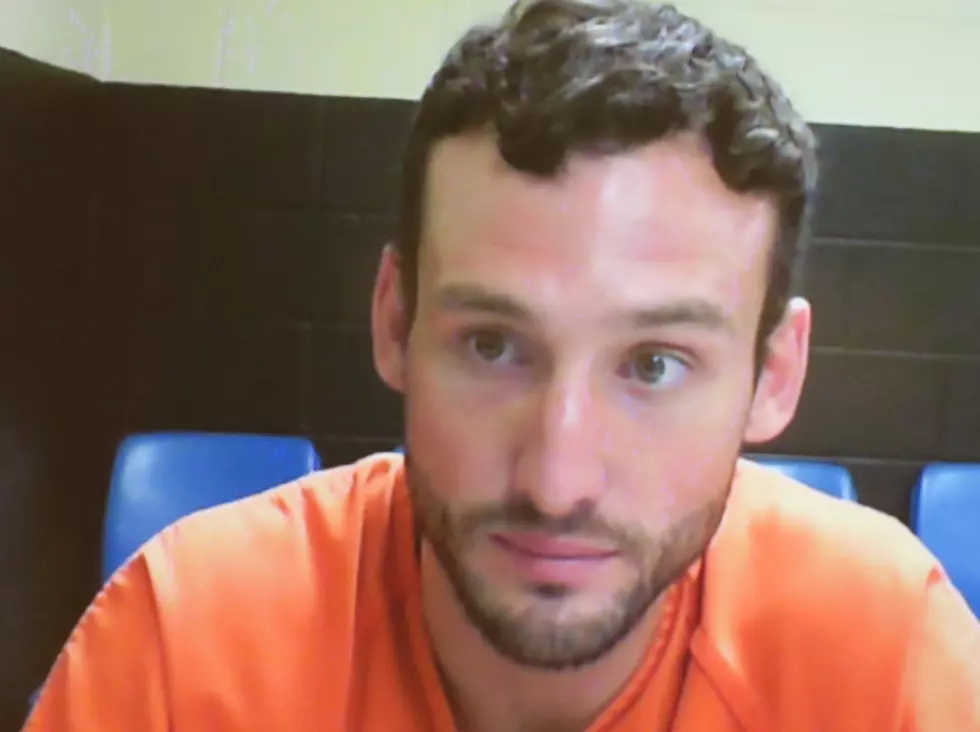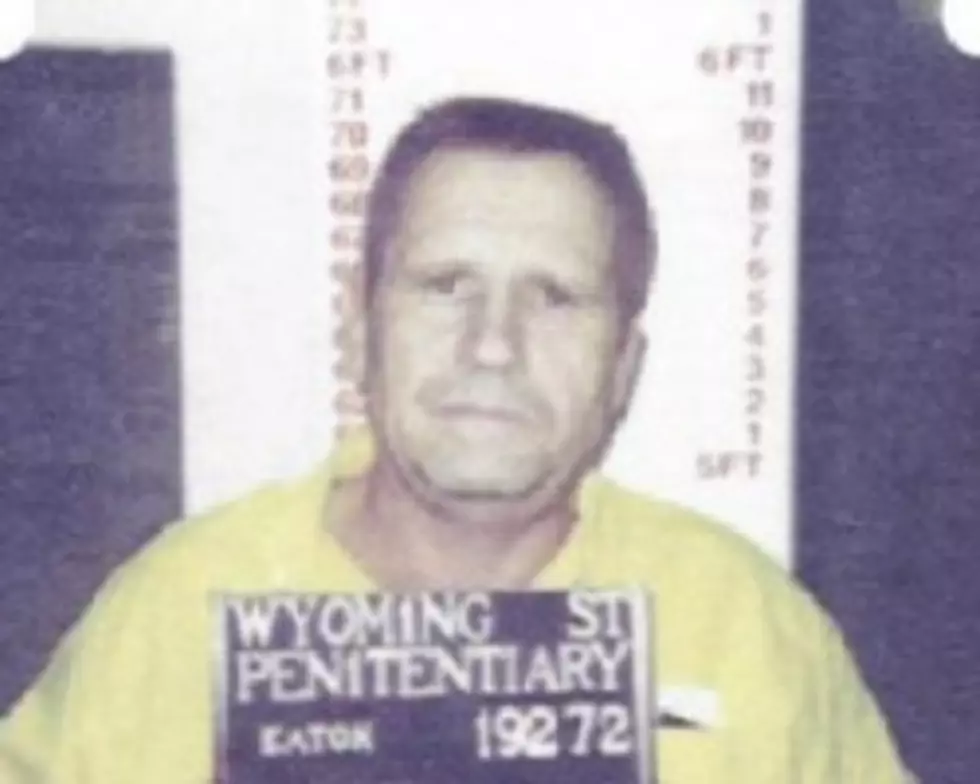
Boston Bombing Suspect Charged, Could Face Death Penalty
BOSTON (AP) — Boston Marathon bombing suspect Dzhokhar Tsarnaev was charged in his hospital room Monday with using a weapon of mass destruction to kill — a crime that carries a possible death sentence.
Tsarnaev, 19, was accused by federal prosecutors of conspiring with his older brother to set off the two pressure-cooker bombs that sprayed shrapnel into the crowd at the finish line last Monday, killing three people and wounding more than 180.
The criminal complaint containing the charges shed no light on the motive for the attack.
Tsarnaev was listed in serious but stable condition at Beth Israel Deaconess Medical Center, unable to speak because of a gunshot wound to the throat. His brother, Tamerlan, 26, died last week in a fierce gunbattle with police.
In outlining the evidence against him in court papers, the FBI said Tsarnaev was seen on surveillance cameras putting a knapsack down on the ground near the site of the second blast and then manipulating a cellphone and lifting it to his ear.
After the first explosion went off about a block down the street and spread fear through the crowd, Tsarnaev— unlike nearly everyone around him — looked calm and quickly walked away, the FBI said. Just 10 seconds or so later, the second blast occurred where he left the knapsack, the FBI said.
The FBI did not make it clear whether authorities believe he used his cellphone to detonate one or both of the bombs or whether he was talking to someone.
The court papers also said that during the long night of crime Thursday and Friday that led to the older brother's death and the younger one's capture, one of the Tsarnaev brothers told a carjacking victim: "Did you hear about the Boston explosion? I did that."
The brothers are ethnic Chechens from Russia who have lived in the U.S. for about a decade. Investigators are focusing on a trip the older brother made last year to Chechnya and Dagestan, in a region of Russia that has become a hotbed of separatist politics and Islamic extremism.
Tsarnaev was charged with using and conspiring to use a weapon of mass destruction against persons and property, resulting in death. He is also likely to face state charges in connection with the shooting death of an MIT police officer.
The Obama administration said it had no choice but to prosecute Tsarnaev in the federal court system. Some politicians had suggested he be tried as an enemy combatant in front of a military tribunal, where defendants are denied some of the usual U.S. constitutional protections.
But Tsarnaev is a naturalized U.S. citizen, and under U.S. law, American citizens cannot be tried by military tribunals, White House spokesman Jay Carney said. Carney said that since the Sept. 11 attacks, the federal court system has been used to convict and incarcerate hundreds of terrorists.
In its criminal complaint, the FBI said it searched Tsarnaev's dorm room at the University of Massachusetts-Dartmouth on Sunday and found BBs as well as a white hat and dark jacket that look like those worn by one of one of the suspected bombers in the surveillance photos the FBI released a few days after the attack.
Seven days after the bombings, meanwhile, Boston was bustling Monday, with runners hitting the pavement, children walking to school and enough cars clogging the streets to make the morning commute feel almost back to normal.
Residents paused in the afternoon to observe a moment of silence at 2:50 p.m., the time of the first blast. Church bells tolled across the city and state in tribute to the victims.
Also, hundreds of family and friends packed a church in Medford for the funeral of bombing victim Krystle Campbell, a 29-year-old restaurant worker. A memorial service was scheduled for Monday night at Boston University for 23-year-old Lu Lingzi, a graduate student from China.
Fifty-one victims remained hospitalized Monday, three of them in critical condition.
More From K2 Radio









